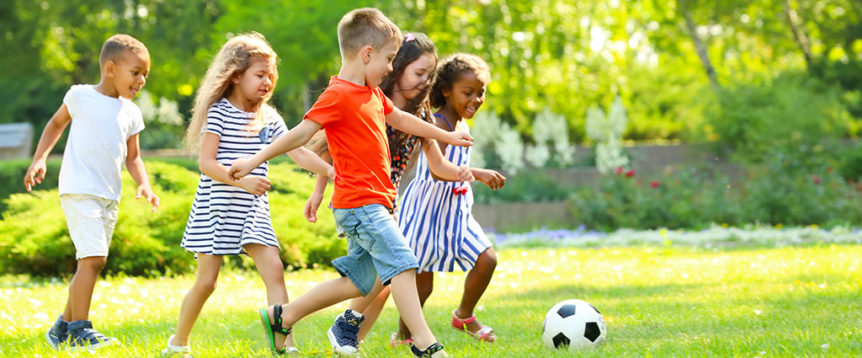
Building a Strong Parent-Child Relationship
Understanding Your Child’s World
Building a strong parent-child relationship starts with understanding your child’s unique personality, interests, and developmental stage. Every child is different, and what works for one might not work for another. Take the time to observe your child’s cues – their body language, their verbal expressions, even their silences. Learn what makes them happy, what frustrates them, and what they’re passionate about. This understanding forms the bedrock upon which you can build a connection based on empathy and respect.
Open and Honest Communication
Communication is key. Create a safe space where your child feels comfortable sharing their thoughts and feelings without fear of judgment or punishment. Listen actively when they speak, putting aside distractions and offering your full attention. Ask open-ended questions that encourage them to elaborate, rather than simply answering with “yes” or “no.” Share your own thoughts and feelings appropriately, modeling healthy communication for your child. Remember, it’s a two-way street; effective communication involves both speaking and listening.
Quality Time Together
Spending quality time with your child isn’t just about being physically present; it’s about being fully engaged. Put away your phone, turn off the TV, and dedicate your undivided attention to your child. Engage in activities they enjoy, whether it’s playing a game, reading a book, or simply talking. These shared experiences create lasting memories and strengthen your bond. Even small moments, like cuddling before bed or sharing a meal together, can make a big difference.
Setting Clear Expectations and Boundaries
Children thrive on structure and consistency. Setting clear expectations and boundaries helps them feel safe and secure. Explain the rules clearly and consistently enforce them, using positive reinforcement whenever possible. Discipline should be about teaching and guiding, not about punishment. Focus on helping your child understand the consequences of their actions and learn from their mistakes. Remember to be firm but fair, showing them that you love them even when you’re disappointed in their behavior.
Showing Unconditional Love and Support
Let your child know, without a doubt, that you love them unconditionally. This means loving them for who they are, regardless of their accomplishments or mistakes. Support their interests and passions, even if they’re different from your own. Celebrate their successes, big and small, and offer comfort and encouragement during challenging times. Show your love through words, actions, and physical affection, creating a secure and loving environment where they can thrive.
Acknowledging and Validating Their Feelings
Children often struggle to express their emotions. When they do share their feelings, it’s crucial to acknowledge and validate them, even if you don’t necessarily agree with their perspective. Saying things like, “I understand you’re feeling frustrated,” or “It sounds like you’re really sad,” shows empathy and helps your child feel heard and understood. This doesn’t mean you condone their behavior, but it does mean you respect their feelings and create a space for open dialogue.
Forgiveness and Second Chances
Mistakes are inevitable, both for parents and children. When conflicts arise, focus on resolving them constructively. Encourage open communication and apologize when necessary. Forgiveness is a crucial part of building and maintaining a strong relationship. Offer second chances, allowing your child to learn from their mistakes and grow. Remember that relationships are built on trust and mutual respect, and forgiveness is essential for strengthening that bond.
Seeking Support When Needed
Parenting can be challenging, and it’s okay to seek support when you need it. Don’t hesitate to reach out to family, friends, or professionals for guidance and advice. There are many resources available to help parents navigate the complexities of raising children, including parenting classes, support groups, and therapists. Remember that seeking help is a sign of strength, not weakness. Read also about good parenting podcasts.











